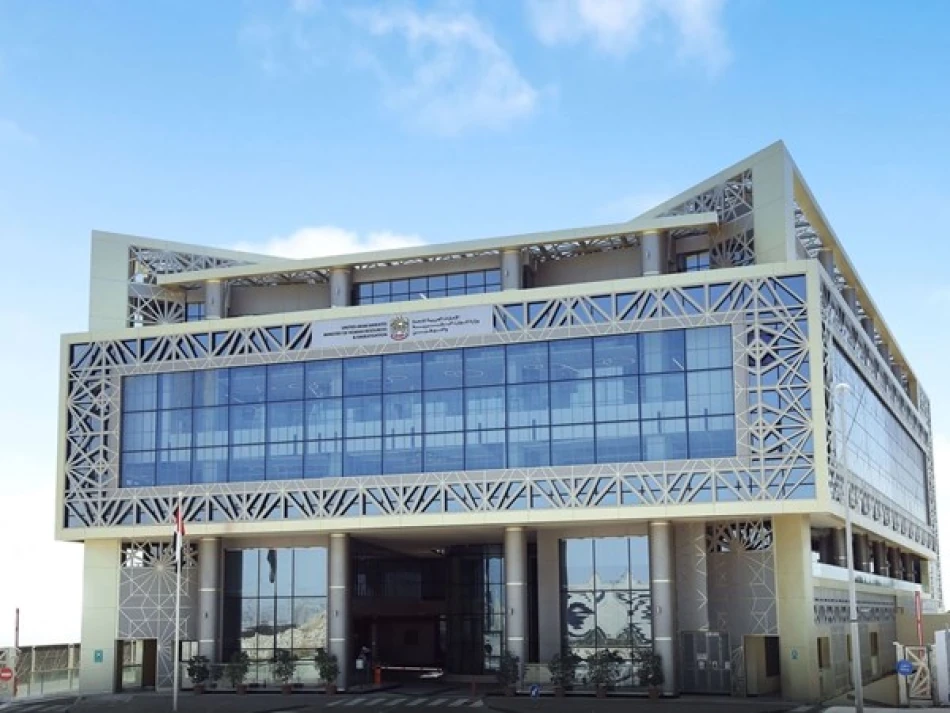
UAE Cracks Down on Unauthorized Labor Recruitment Firms in First Half
UAE Cracks Down on Domestic Worker Agencies as Labor Market Reforms Intensify
The UAE's Ministry of Human Resources and Emiratisation has penalized 40 domestic worker recruitment agencies for 140 violations in the first half of 2025, signaling an aggressive push to professionalize a sector that employs hundreds of thousands across the Emirates. The crackdown reflects broader efforts to transform the UAE's labor market amid growing scrutiny of worker protection standards in Gulf states.
Widespread Violations Target Refund Failures and Price Transparency
The most common violations centered on agencies failing to refund recruitment fees to employers within the mandatory two-week period after domestic workers were returned or reported missing. Additional infractions included failure to display government-approved service pricing in visible locations for clients.
The ministry has implemented both administrative and financial penalties against the violating agencies, with repeat offenders facing potential license revocation. This represents a significant escalation in enforcement compared to previous years, when regulatory oversight was more limited.
Digital Monitoring System Drives Enforcement
The violations were detected through the ministry's enhanced digital and field monitoring system, which processes employer complaints and tracks agency compliance in real-time. This technological approach mirrors similar labor market digitization efforts across the Gulf, particularly in Saudi Arabia's Vision 2030 reforms.
Economic Implications for the Domestic Worker Industry
The domestic worker recruitment sector represents a multi-billion dirham industry in the UAE, serving both Emirati families and the country's large expatriate population. Stricter regulation could consolidate the market around larger, more compliant agencies while potentially raising service costs.
For employers, the enhanced oversight provides greater protection against fraudulent practices but may also lead to longer processing times as agencies adapt to stricter compliance requirements. The two-week refund mandate, in particular, puts financial pressure on smaller agencies that may lack sufficient cash flow buffers.
Regional Context and Worker Protection Trends
The UAE's enforcement drive aligns with broader Gulf Cooperation Council efforts to improve labor standards ahead of major international events and amid increasing global scrutiny. Similar reforms in Qatar ahead of the 2022 World Cup and Saudi Arabia's ongoing economic diversification have established new regional benchmarks for worker protection.
Unlike previous regulatory approaches that focused primarily on visa processing, the current framework emphasizes service quality and financial accountability – areas that directly impact both employers and workers.
Market Consolidation on the Horizon
The ministry's warning that repeat violations could result in license cancellation suggests a deliberate strategy to reduce the number of agencies while improving service standards among survivors. This approach has proven effective in other UAE sectors, from real estate to financial services, where regulatory tightening led to market consolidation around stronger players.
The government's establishment of a dedicated hotline (80084) for reporting violations indicates this enforcement campaign will be sustained rather than temporary. Agencies that invest in compliance infrastructure and transparent pricing models are likely to gain market share as competitors face penalties or closure.
For the UAE's broader economic strategy, professionalizing the domestic worker sector supports the country's positioning as a regional hub for high-quality services while addressing international concerns about labor practices that could impact trade relationships and investment flows.
Most Viewed News

 Layla Al Mansoori
Layla Al Mansoori






